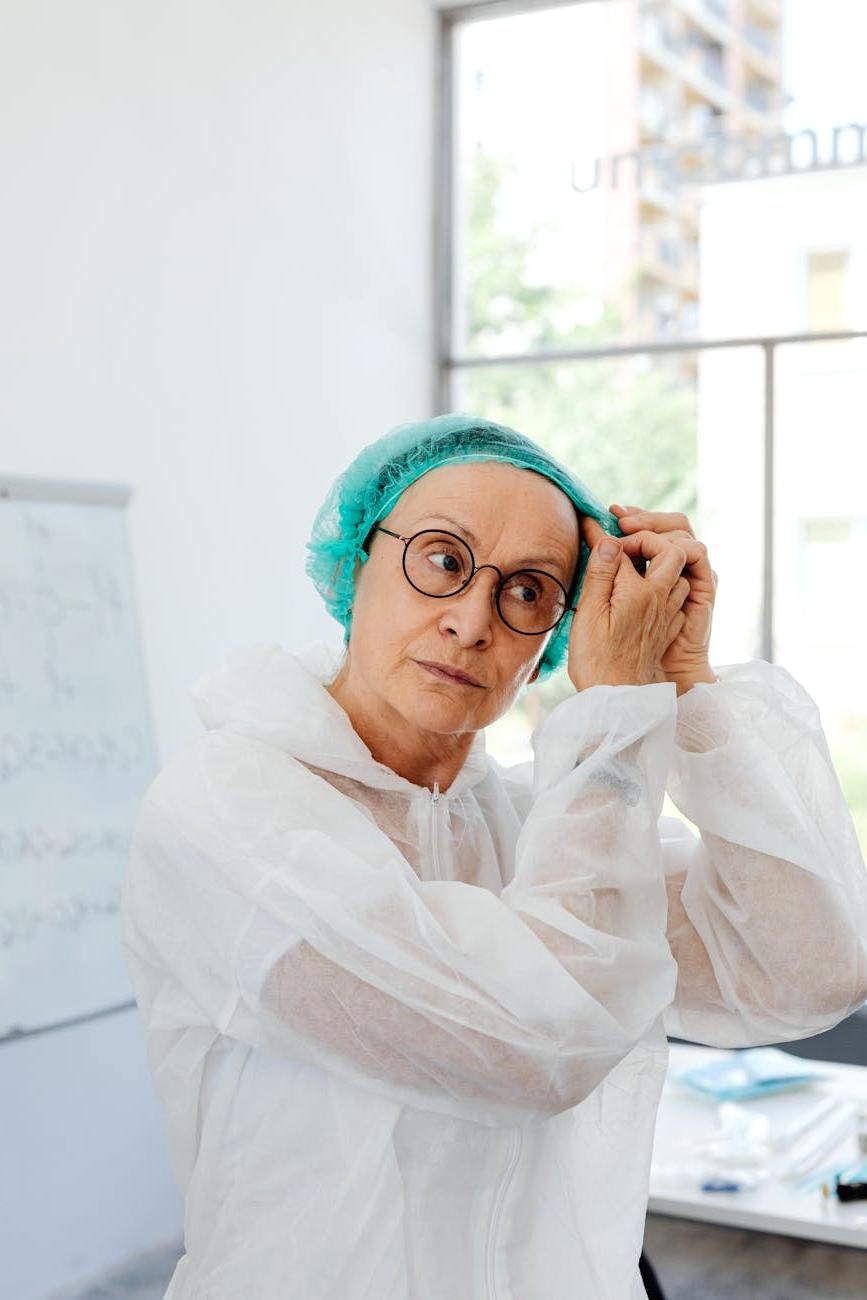
The Quantum Revolution is Here
Explore the limitless potential of quantum computing and how it's poised to transform our technological landscape and reshape humanity's future.
Learn More Stay Updated
Explore the limitless potential of quantum computing and how it's poised to transform our technological landscape and reshape humanity's future.
Learn More Stay UpdatedQuantum computing harnesses the laws of quantum mechanics to process information in ways classical computers cannot.
Unlike classical bits that represent either 0 or 1, quantum bits or "qubits" can exist in multiple states simultaneously through a property called superposition. This allows quantum computers to perform complex calculations exponentially faster than their classical counterparts.
Additionally, quantum entanglement enables qubits to be fundamentally connected, allowing changes to one qubit to instantaneously affect another, regardless of distance.
Explore Features
Understanding the revolutionary principles that drive quantum technology
Qubits can exist in multiple states simultaneously, exponentially increasing computational power.
Qubits can be interconnected so that the state of one instantly affects another, enabling complex calculations.
Probability waves of qubits can cancel out wrong answers and reinforce correct ones.
The challenge of maintaining quantum states against environmental interference.
The building blocks of quantum circuits that manipulate qubits to perform calculations.
The milestone when quantum computers can solve problems impossible for classical computers.
Qubits in Most Advanced Systems
Faster Than Classical Computing
Global Investment by 2025
How quantum computing is set to transform industries and solve humanity's most complex problems

Accelerating molecular simulations to design new medications and treatments in days instead of years.

Creating unbreakable encryption while also posing challenges to current security systems.

Developing more accurate climate predictions and efficient solutions to environmental challenges.

Optimizing trading strategies, risk assessment, and portfolio management to unprecedented levels.

Solving complex optimization problems to streamline global supply chains and transportation networks.

Designing new materials with specific properties for applications ranging from energy to aerospace.
The evolution of quantum computing from theoretical concept to practical reality
Physicists Richard Feynman and David Deutsch propose the concept of quantum computers capable of simulating physical systems more efficiently than classical computers.
Peter Shor develops a quantum algorithm capable of factoring large numbers exponentially faster than the best known classical algorithms, threatening RSA encryption.
Scientists demonstrate the first 2-qubit quantum computer, operating on nuclear magnetic resonance principles.
Google claims achieving quantum supremacy with its 53-qubit Sycamore processor, performing a calculation in 200 seconds that would take a supercomputer 10,000 years.
Significant advances in quantum error correction allow for more stable and reliable quantum computing operations.
Industry adoption accelerates with the first quantum applications delivering significant advantage in pharmaceutical research and financial modeling.
Despite remarkable progress, quantum computing faces significant hurdles before reaching its full potential.

Meet the visionaries pushing the boundaries of quantum computing research

Quantum Architecture Lead

Quantum Theory Researcher

Quantum Applications Director

Quantum Error Correction Specialist
Common questions about quantum computing and its implications